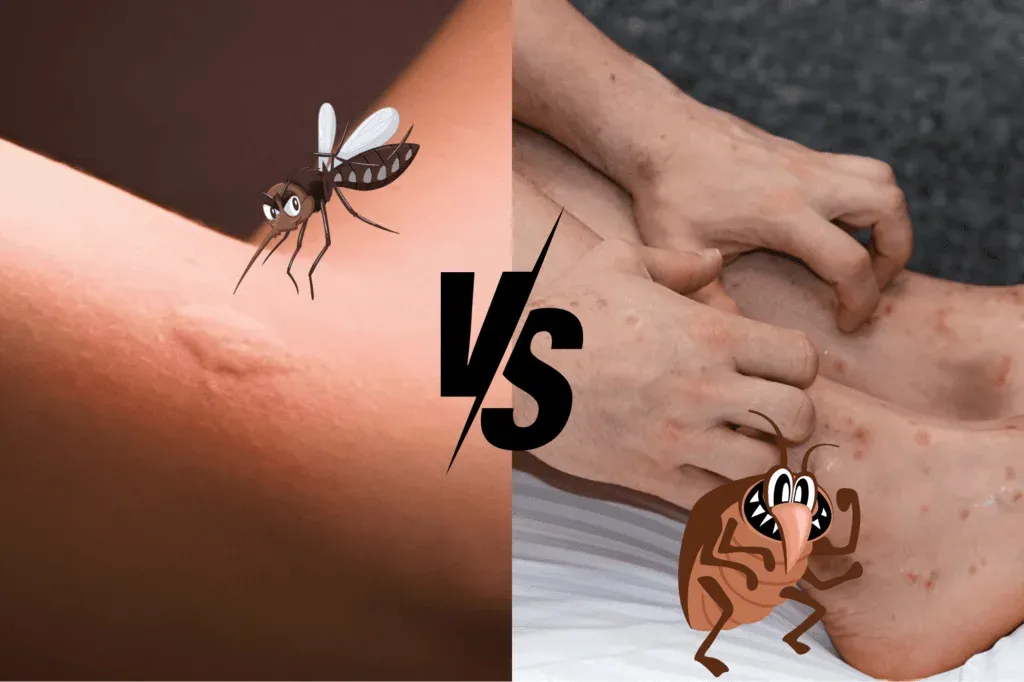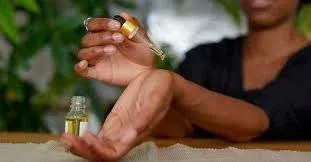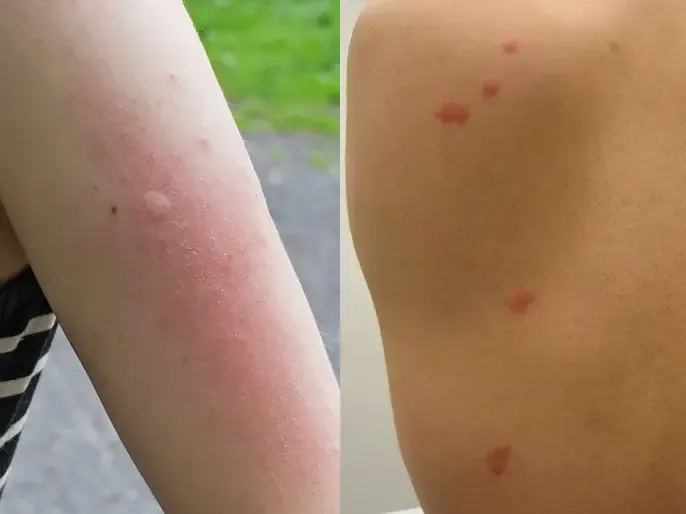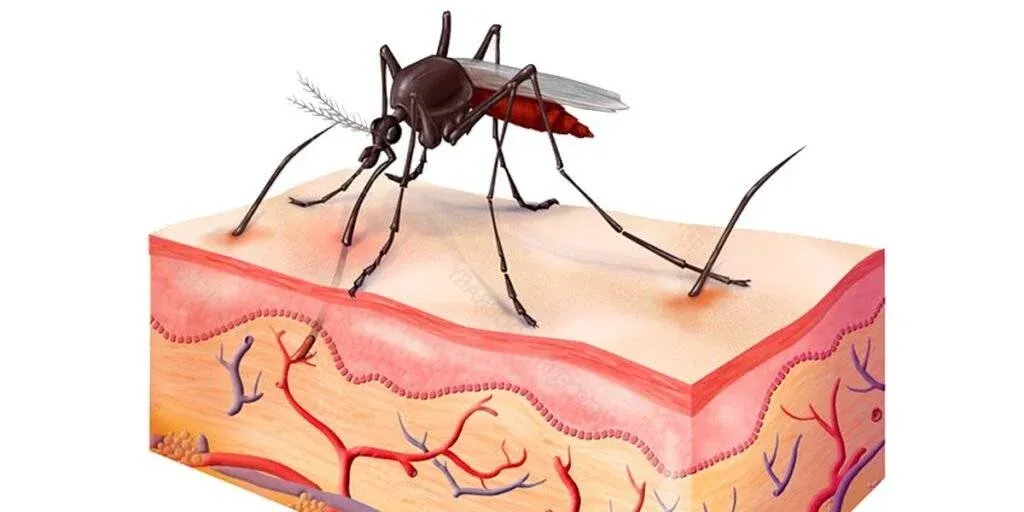As mosquito-borne irritation continues to rise during warmer months, dermatologists are noticing a growing trend: the use of mupirocin ointment for mosquito bites. Traditionally prescribed for bacterial skin infections, mupirocin is now being discussed for its unexpected effectiveness in soothing and protecting irritated skin caused by mosquito bites.
Understanding the Growing Concern About Mosquito Bites
Mosquito bites are not only annoying but can also lead to secondary skin infections, especially when scratched. In tropical and humid regions, the risk of infection from open or inflamed bites increases significantly. People who experience strong allergic reactions to mosquito saliva often deal with intense itching, swelling, and redness that can last for several days.
Doctors are now exploring whether antibacterial creams specifically mupirocin ointment for mosquito bites can help reduce the chance of infection while promoting faster healing.
What Makes Mupirocin Different?
Mupirocin, also known under brand names like Bactroban, is an antibiotic ointment designed to stop bacteria such as Staphylococcus aureus from growing on the skin. It works by blocking the production of bacterial proteins, effectively preventing infection from spreading in wounds or broken skin.
Unlike general antiseptic creams, mupirocin ointment for mosquito bites targets bacteria at the root, ensuring that open or scratched bites don’t become infected. Because many people unintentionally scratch mosquito bites until they bleed, using mupirocin can help create a barrier that protects the area from harmful microbes.
Expert Opinions and Clinical Insights
According to dermatology experts, mupirocin may not stop itching directly, but it can reduce inflammation caused by bacterial contamination. “We often see patients with secondary infections due to excessive scratching,” explains Dr. Hina Rauf, a Lahore-based dermatologist. “Applying a thin layer of mupirocin ointment for mosquito bites can help prevent those infections and speed up recovery.”
Research also supports this use. A small clinical study published in the Journal of Dermatological Treatment highlighted that mupirocin-treated skin showed faster regeneration and reduced redness compared to untreated bites.
Safe Use and Application Guidelines
When using mupirocin ointment for mosquito bites, it’s essential to follow medical guidelines to avoid overuse or antibiotic resistance. Here’s a quick step-by-step approach recommended by dermatologists:
Clean the bite area: Gently wash the affected skin with mild soap and warm water.
Pat dry completely: Make sure the skin is dry before applying any ointment.
Apply a thin layer: Use a small amount of mupirocin directly on the bite—no need to over-apply.
Cover if necessary: If the bite is in a place prone to scratching, you may cover it lightly with a sterile bandage.
Repeat twice daily: Apply the ointment morning and evening until the area heals.
While the treatment is safe for most people, those with sensitive skin or known allergies to antibiotics should consult a doctor before use.
Why Mupirocin Works Well for Mosquito Bite Infections
The key advantage of mupirocin ointment for mosquito bites lies in its antibacterial action. When a mosquito bite is scratched, it can create a small wound that’s vulnerable to bacteria. Mupirocin forms a protective layer that prevents bacterial invasion and reduces inflammation.
Furthermore, mupirocin promotes quicker skin recovery, which means redness and swelling subside faster. Combined with anti-itch treatments or natural soothing agents like aloe vera or calamine lotion, it can provide comprehensive relief for irritated skin.
Alternatives and Complementary Treatments
Although mupirocin is highly effective, it’s not the only option for managing mosquito bites. Other treatments include:
Hydrocortisone creams: To reduce itching and inflammation.
Antihistamines: For those with severe allergic reactions.
Natural remedies: Such as tea tree oil, honey, or cold compresses.
However, what sets mupirocin ointment for mosquito bites apart is its infection-prevention capability. Most over-the-counter creams focus on comfort and itch relief, while mupirocin ensures the bite heals cleanly without complications.
When to Seek Medical Attention
Most mosquito bites heal within a few days, but in some cases, they can become infected. Warning signs include:
Pus or yellow discharge
Increasing redness or pain
Warmth spreading from the bite area
Fever or fatigue
If any of these symptoms appear, it’s best to consult a healthcare professional. They may prescribe mupirocin ointment for mosquito bites or other medications to treat the infection effectively.
Public Awareness and Health Trends
As awareness grows about the potential dangers of untreated insect bites, health professionals encourage people to keep basic first aid options available at home. The inclusion of mupirocin in home care kits is now becoming more common, especially in regions where mosquitoes are active year-round.
Pharmacists also note a rise in customer inquiries about using mupirocin ointment for mosquito bites safely. The trend reflects an increasing preference for targeted, dermatologist-approved treatments over traditional home remedies alone.
Preventing Mosquito Bites Before They Start
Of course, the best treatment is prevention. Experts recommend the following strategies:
Use insect repellents containing DEET or picaridin.
Wear long sleeves and light-colored clothing outdoors.
Keep windows and doors closed or screened.
Remove standing water where mosquitoes breed.
While these measures reduce the likelihood of bites, having mupirocin ointment for mosquito bites on hand ensures you’re prepared if one does occur.
Final Thoughts
Mosquito bites may seem harmless, but they can easily lead to discomfort or infection, especially for those with sensitive skin. The increasing use of mupirocin ointment for mosquito bites highlights a shift toward more medically guided home care solutions.
By applying it correctly and maintaining good hygiene, you can not only relieve irritation but also protect your skin from infection. As research continues, mupirocin’s role in bite treatment is likely to expand offering a simple, effective way to keep summer skin safe and healthy.






